Council tax rises: London mayor's precept expected to top £400
- Published
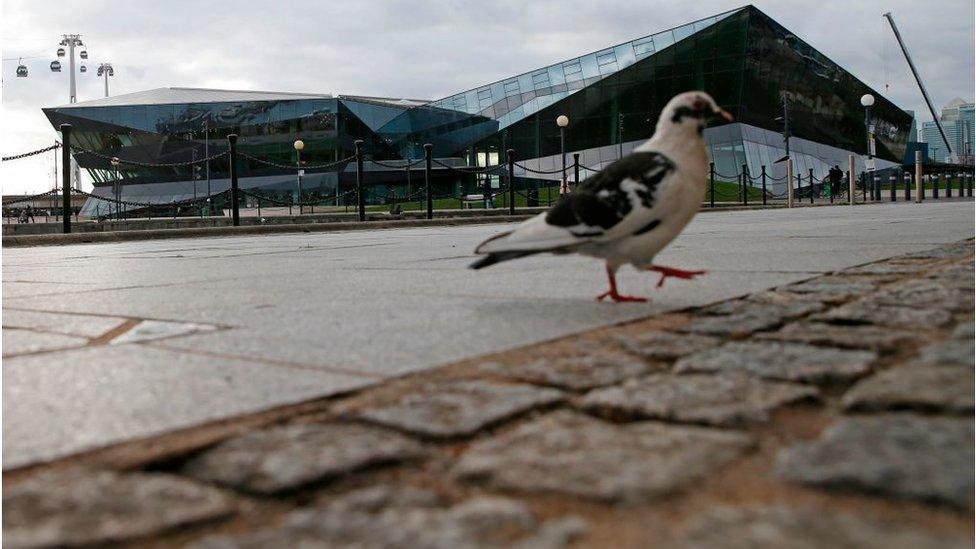
The GLA headquarters in east London was the world's first building to achieve the highest possible ratings of sustainable construction standards
The mayor's portion of council tax from the average London household will, for the first time, exceed £400 next year.
Earlier this week the government said it "would not oppose" an increase of £20 imposed by Sadiq Khan to fund Transport for London (TfL).
Mr Khan will also introduce climate budgeting, external setting out how bodies such as the fire brigade and police force can, by 2030, operate with carbon levels at net zero.
A final budget will be set in spring.
The precept is the mayor's part of the council tax, collected by London's boroughs and the Corporation of London.
It is estimated the increase will add about £30 to household bills, including the money earmarked for TfL.
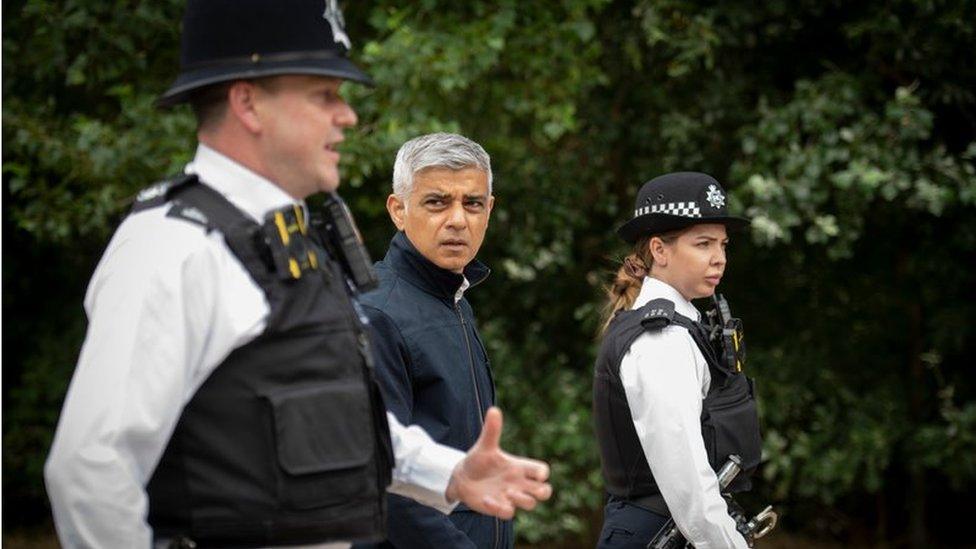
The Met police force will receive an increase in funding via the the precept

The precept pays for services provided by Greater London Authority (GLA) and its five functional bodies, together known as the GLA Group:
Transport for London
Mayor's Office for Policing and Crime - who oversee the work of the Metropolitan Police Service
London Fire Commissioner
London Legacy Development Corporation - who lead on the physical Olympic legacy
Old Oak and Park Royal Development Corporation
These budgets together form a consolidated budget

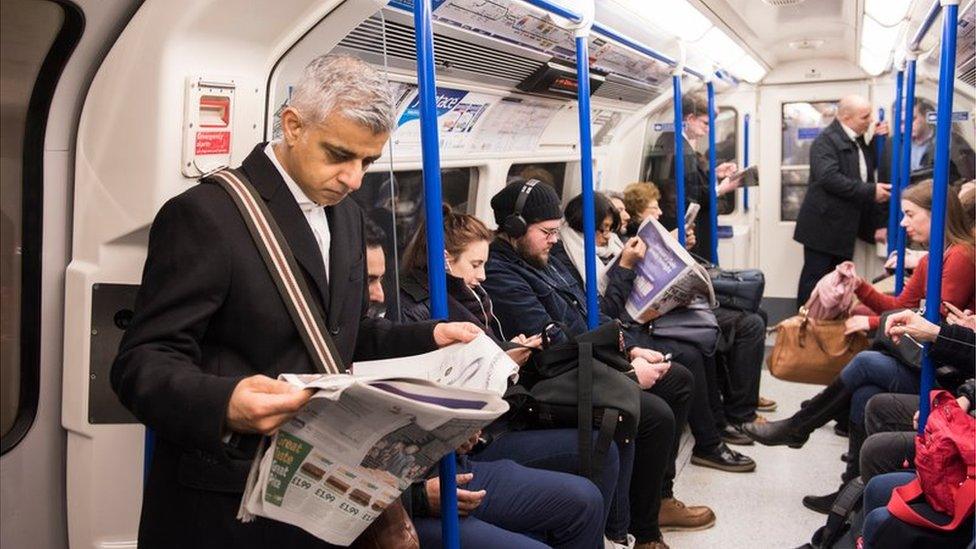
An extra £20 has been imposed to help fund TfL
Mr Khan's first draft of the budget for 2023/24, external uses a working assumption that Band D bills will increase by £27.89 - a rise of 7%.
It is likely the Met police will get about an extra £5.50 per household per annum, and the London fire brigade about £2.30.
The allocation for climate budgeting will allow bodies to plan ahead, Mr Khan said.
The ambition is for police, fire and transport networks to run on electricity, the electrification of heating in police and fire stations and TfL's buildings, and the installation of solar panels across the GLA estate.

Follow BBC London on Facebook, external, Twitter , externaland Instagram, external. Send your story ideas to hellobbclondon@bbc.co.uk, external
Related topics
- Published13 December 2022
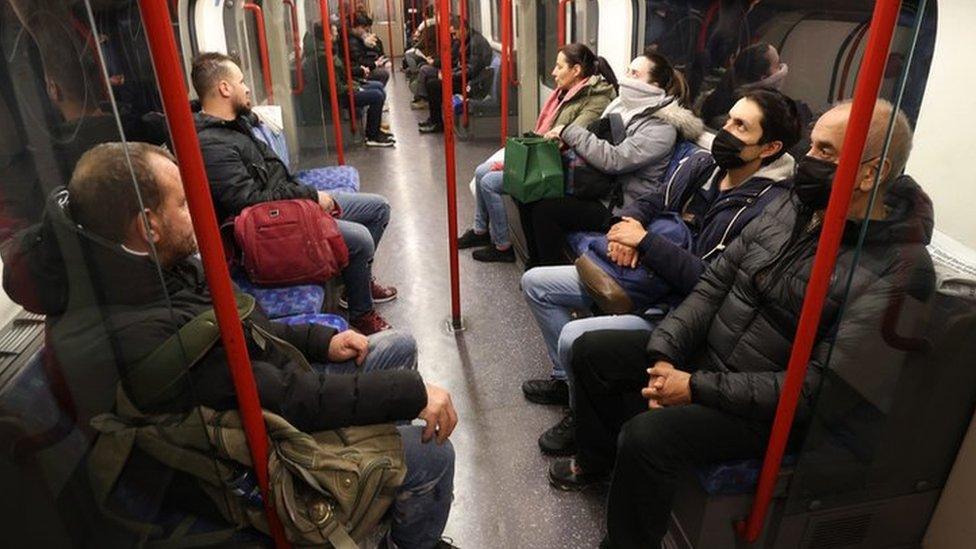
- Published15 December 2021

- Published10 December 2021
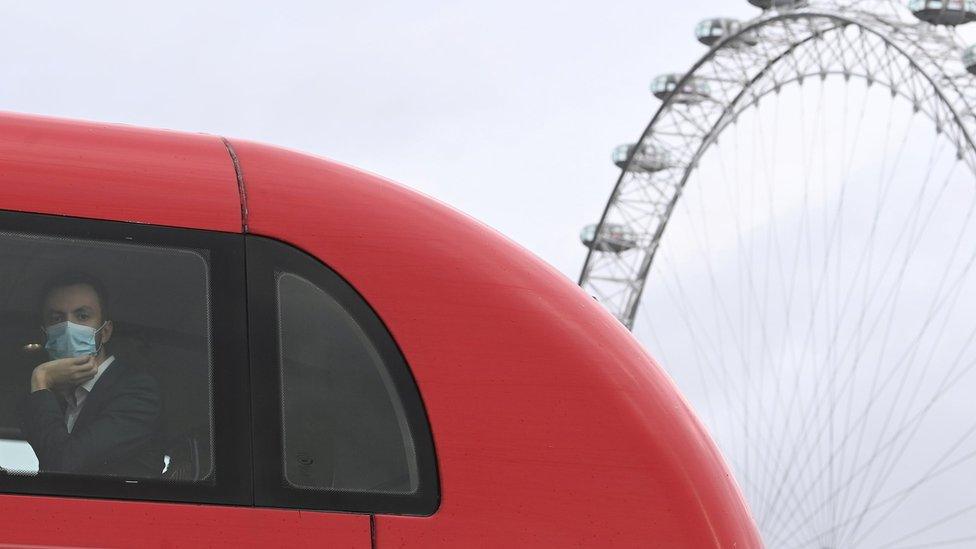
- Published18 November 2021
